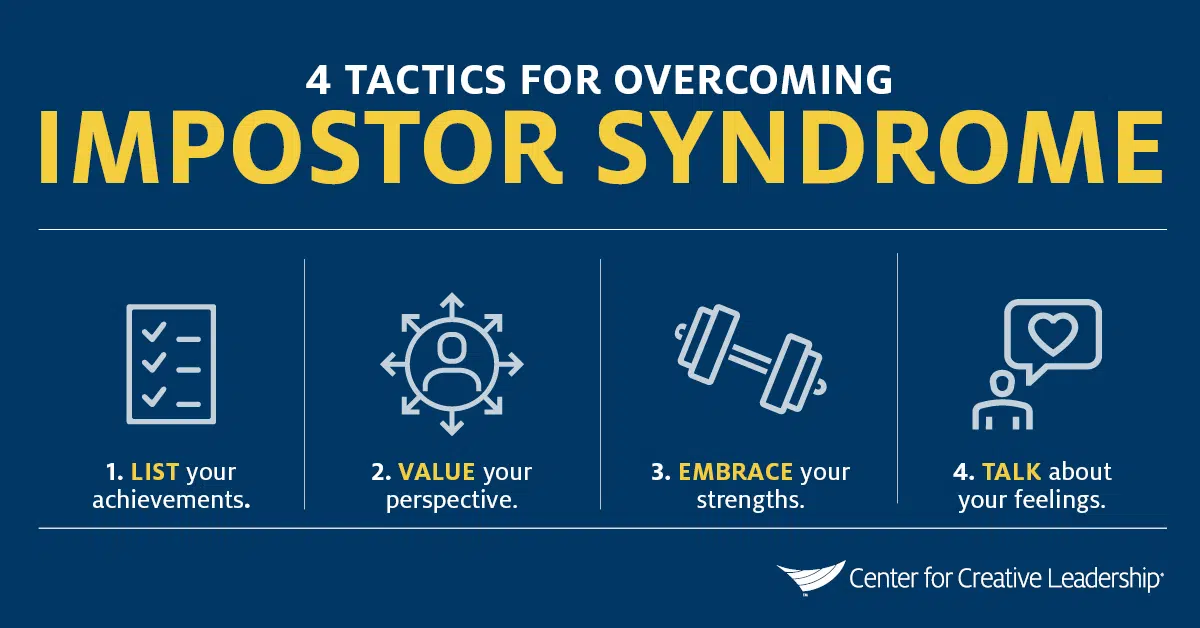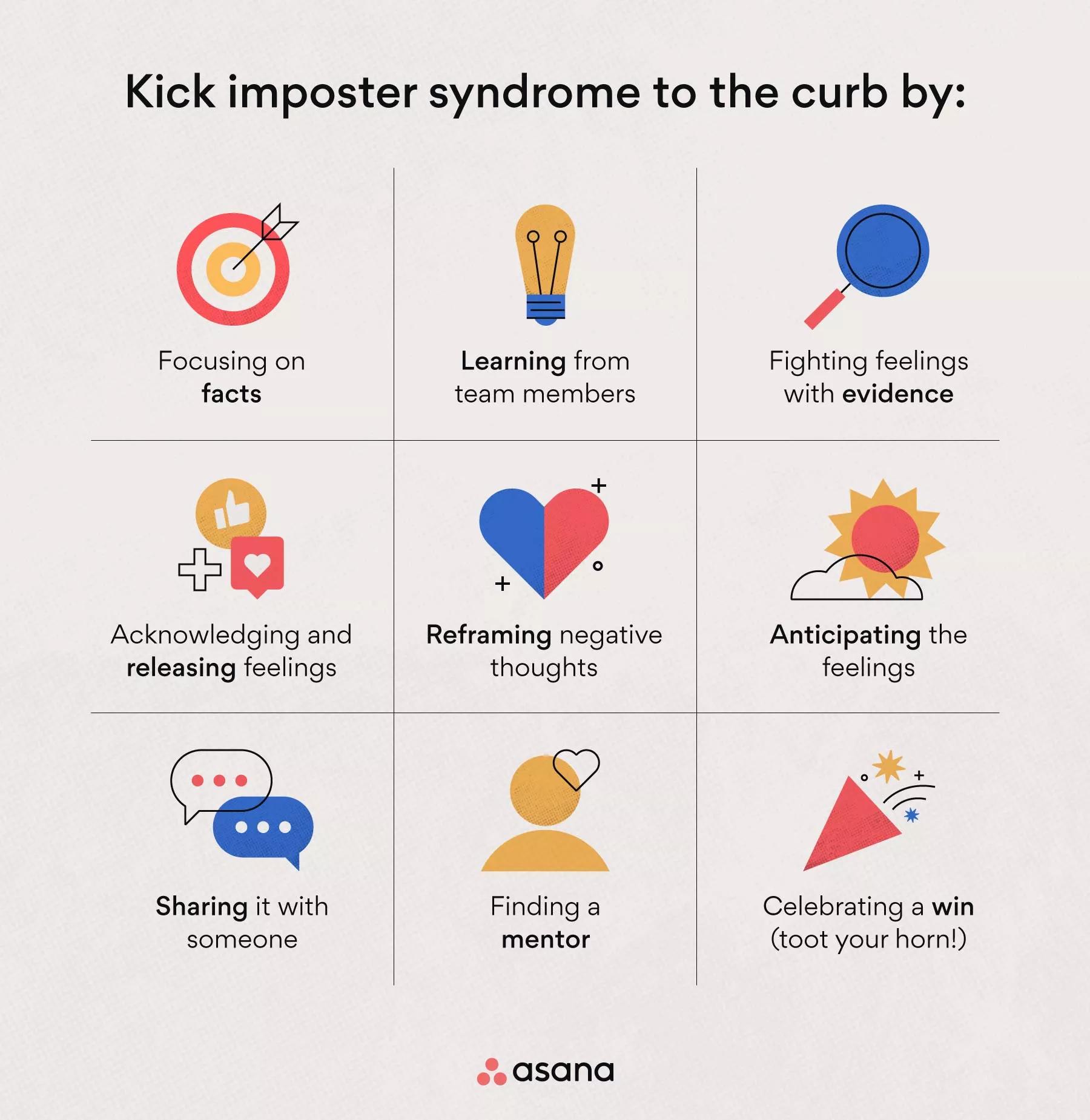Overcoming Impostor Syndrome: Strategies for Building Confidence and Success

Impostor syndrome is a psychological pattern where individuals doubt their abilities, accomplishments, and feel like a fraud despite evidence of success. This internal struggle can be paralyzing, affecting professionals at every stage of their careers. Overcoming impostor syndrome is crucial for achieving personal growth, professional success, and maintaining mental well-being. In this article, we will explore what impostor syndrome is, its impact, and practical strategies to overcome it.
What is Impostor Syndrome?
Impostor syndrome refers to the feeling of inadequacy that comes with the belief that you don’t deserve your achievements, and that others will eventually discover you’re not as competent as they think. People experiencing impostor syndrome often feel that their success is due to luck, timing, or external factors, rather than their skills or efforts.
While self-doubt is normal, those with impostor syndrome experience it to an extreme degree, undermining their confidence and self-esteem.
It can manifest in various forms, such as:
- Perfectionism: Setting unrealistically high standards for oneself.
- Overworking: Feeling the need to over-prepare or work harder than others to prove your worth.
- Fear of failure: A constant fear that others will find out you’re not as capable as they believe.
It’s important to note that impostor syndrome is not limited to any one type of person. It affects individuals in all professions and walks of life, from high-achieving entrepreneurs to students in their first year of university.
The Impact of Impostor Syndrome
Experiencing impostor syndrome can significantly impact mental health, career progression, and overall well-being. The negative effects may include:
1. Stunted Career Growth
When you don’t believe in your abilities, you’re less likely to take on new challenges or pursue career advancement opportunities. You may avoid applying for promotions, projects, or leadership positions because you fear being “found out.”
2. Chronic Stress and Anxiety
The constant fear of being exposed can lead to heightened stress levels, anxiety, and even burnout. The mental toll of doubting yourself can affect focus, motivation, and job satisfaction.
3. Difficulty Accepting Success
Individuals with impostor syndrome often have trouble accepting praise and recognition for their achievements. They may brush off compliments, thinking they don’t deserve them, or attributing their success to external factors, such as good luck.
4. Strained Relationships
Impostor syndrome can also affect your relationships with coworkers, mentors, and family members. When you constantly downplay your accomplishments, others may feel that their support is undervalued. Additionally, fear of failure can make you hesitant to ask for help, further isolating you.
5. Self-Sabotage
When you believe you are not competent, you may engage in self-sabotage behaviors, such as procrastination, underperforming, or overcommitting to avoid failure. This cycle can reinforce feelings of inadequacy and prevent personal and professional growth.

How to Overcome Impostor Syndrome: Practical Strategies
Fortunately, overcoming impostor syndrome is possible with the right mindset and techniques. By implementing a few strategies, you can build your confidence, recognize your value, and take control of your career trajectory.
1. Acknowledge and Name the Feeling
The first step in overcoming impostor syndrome is to acknowledge it. Recognize that these feelings of inadequacy are normal and do not reflect your actual abilities or worth. By naming the syndrome, you gain power over it and begin to see it for what it truly is: a negative thought pattern.
“Impostor syndrome thrives in silence. By acknowledging it, you take away its power.”
Start by identifying when you feel these emotions—whether it’s after receiving praise, tackling a new project, or stepping into a leadership role. Keep a journal or note these experiences so that you can challenge these thoughts when they arise.
2. Reframe Negative Thoughts
Once you recognize impostor syndrome, it’s time to change your thought patterns. Instead of thinking, “I don’t deserve this opportunity,” try reframing it with something more empowering, such as, “I’ve worked hard to get here, and I have the skills to succeed.”
- Replace “I’m not good enough” with “I’ve accomplished a lot to be in this position.”
- Change “I’m a fraud” to “I’m continuously learning and improving.”
By practicing this shift in thinking, you train your mind to focus on facts rather than fear.
3. Celebrate Your Achievements
Often, individuals with impostor syndrome downplay their successes. Taking time to celebrate your achievements is a crucial step in overcoming self-doubt. Keep a record of your accomplishments—no matter how small—and revisit them whenever you feel inadequate.
- Keep a “success” file to collect positive feedback, awards, and completed projects.
- Share your victories with trusted friends, family, or mentors who can remind you of your accomplishments.
Recognizing your own achievements builds a strong foundation for future success and self-confidence.
4. Seek Support and Mentorship
Having a support system is essential in overcoming impostor syndrome. Surround yourself with individuals who understand and encourage you. Mentorship, in particular, is highly effective in providing guidance and boosting your confidence.
- A mentor can help you identify your strengths, offer constructive feedback, and provide perspective during moments of doubt.
- Don’t hesitate to lean on trusted colleagues or friends when you feel overwhelmed by feelings of inadequacy.
Remember, you’re not alone in experiencing impostor syndrome—many successful people, including leaders and entrepreneurs, have struggled with it at some point in their lives.
5. Normalize Mistakes and Failure
One of the core aspects of impostor syndrome is the fear of failure. However, failure is an inevitable and valuable part of growth. Rather than fearing mistakes, embrace them as learning opportunities. Normalize failure by:
- Accepting that mistakes are part of the process and not a reflection of your worth.
- Reflecting on lessons learned from setbacks and using them to improve.
- Viewing failure as a temporary setback rather than a permanent trait.
The more you practice self-compassion, the easier it becomes to embrace growth and resilience in the face of challenges.
6. Focus on Continuous Learning
Embrace a mindset of lifelong learning. Acknowledging that no one is perfect and that everyone has room for improvement can help alleviate feelings of inadequacy. Focus on skills development and take pride in your progress, rather than obsessing over perceived flaws or shortcomings.
- Take courses or attend workshops to build new skills.
- Read books, articles, and podcasts to expand your knowledge.
- Ask for feedback from colleagues or mentors to understand areas of improvement.
Investing in your personal and professional development creates a more solid foundation for overcoming impostor syndrome.
FAQs About Overcoming Impostor Syndrome
1. What are the symptoms of impostor syndrome?
The symptoms include constant self-doubt, fear of being exposed as a fraud, perfectionism, overworking, and feeling unworthy of accomplishments or praise.
2. Can impostor syndrome affect my career?
Yes, impostor syndrome can prevent you from seeking promotions, new opportunities, or leadership roles. It can also lead to stress, burnout, and decreased job satisfaction.
3. How can I reframe my negative thoughts about myself?
Reframe your thoughts by focusing on evidence of your competence. Replace thoughts like “I’m not good enough” with “I’ve earned this through hard work.”
4. Is impostor syndrome common?
Yes, impostor syndrome affects individuals at all career levels, from students to CEOs. It’s a common challenge, and many high achievers experience it at some point in their careers.
5. How can I prevent impostor syndrome from affecting my mental health?
You can manage impostor syndrome by acknowledging it, seeking support, celebrating your achievements, and focusing on continuous learning. Regular self-reflection and building resilience are essential to maintaining mental well-being.
Conclusion: Empower Yourself to Overcome Impostor Syndrome
Impostor syndrome may feel like an unshakable force, but with the right tools and mindset, you can overcome it. By acknowledging your worth, celebrating your achievements, and embracing failure, you can break free from the grip of self-doubt and build a fulfilling, successful career.
Remember, impostor syndrome doesn’t define you—your actions and growth do. Take control of your narrative, challenge those negative thoughts, and step confidently into your future with the knowledge that you deserve every success you achieve.



